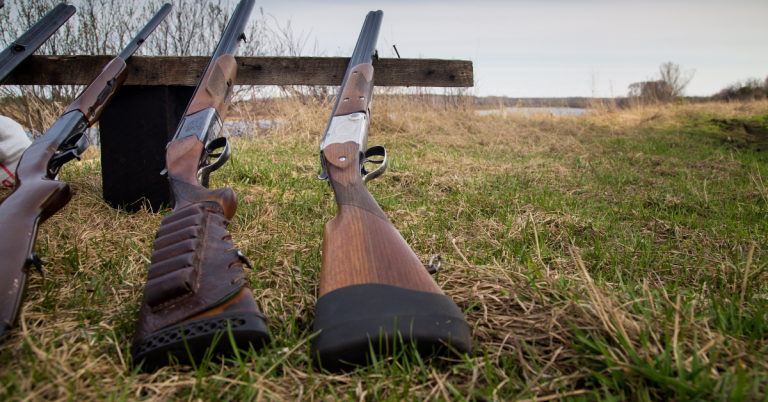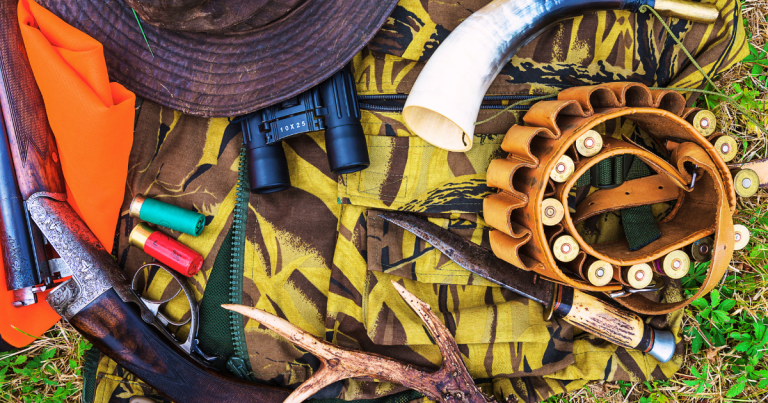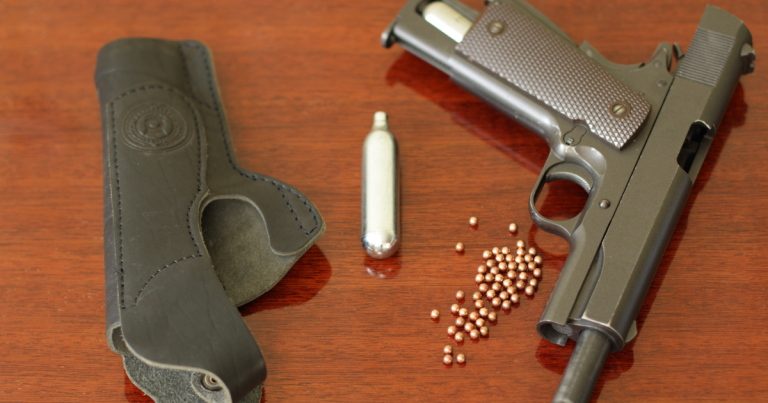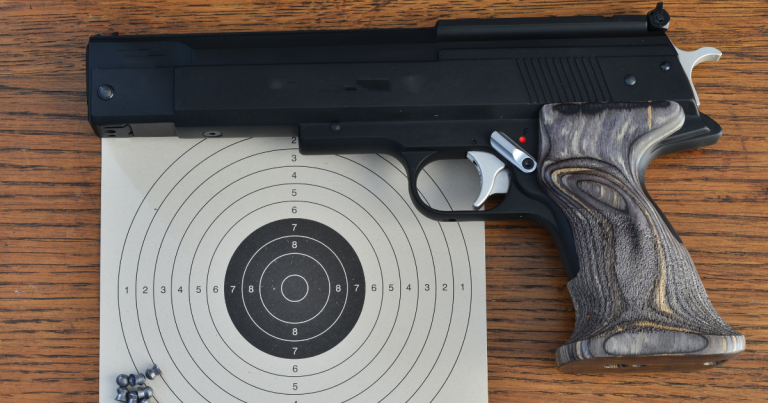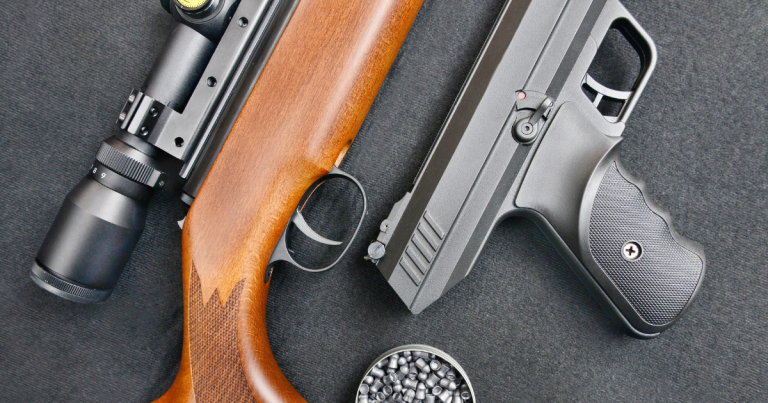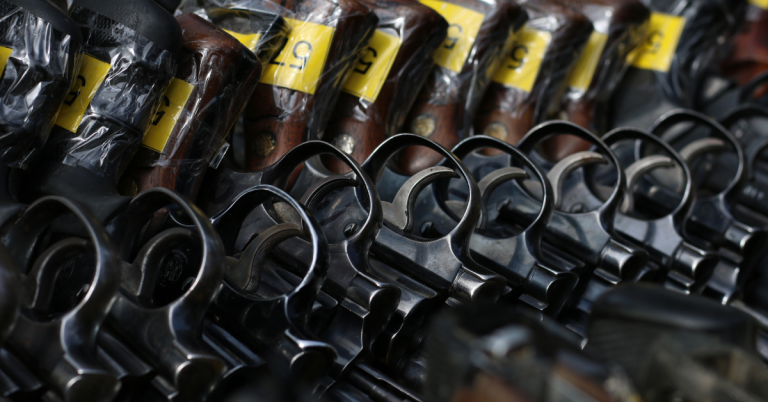Air Rifle
Hunting is a tradition that goes back to the very roots of our existence, and over the centuries, it has evolved with the advent of new technologies. One such advancement is the air rifle, a versatile and powerful tool that has become a favorite among hunters.
Understanding Air Rifles
Air rifles are not the BB guns of your childhood; they are sophisticated pieces of hunting gear designed for precision and power. They use compressed air or CO2 to propel pellets or BBs at high speeds, capable of taking down small game and, in some cases, even larger prey.
Types of Air Rifles
- Spring-Piston: These rifles use a spring-loaded piston pump that compresses air to shoot the pellet. They are reliable and easy to maintain.
- Pre-Charged Pneumatic (PCP): PCP air rifles have a reservoir that holds compressed air, allowing for multiple shots at consistent velocities:
- Pump Pneumatic Rifles: Pump pneumatic air rifles offer a quiet, user-friendly option for taking down small games. By pumping a lever before each shot, you build air pressure for a powerful blast, making them perfect for close-range hunting adventures.
- CO2-Powered Rifles: Popular for target practice and pest control, CO2-powered air rifles are user-friendly thanks to readily available cartridges. These rifles often boast rapid-fire capabilities, consistent power delivery, and reduced recoil compared to spring-piston options, making them a well-rounded choice for plinking and small game control.
- Gas Ram Air Rifles: Gas Ram air rifles upgrade the traditional spring for a gas piston, offering a smoother cocking experience, reduced felt recoil, and quieter operation. This translates to more consistent shot power and better accuracy, making them ideal for hunters and target shooters who prioritize precision and a refined shooting experience.
- Nitro piston: Nitro piston air rifles use gas for smoother cocking, quieter shots, and consistent power – a hunter’s dream for taking down small game with stealth and precision.
Benefits of Using an Air Rifle for Hunting
- Stealth: Air rifles are quieter than traditional firearms, making them ideal for hunters who need to remain undetected.
- Affordability: They are generally less expensive to purchase and maintain, with the cost of ammunition being significantly lower than that of traditional firearms.
- Accessibility: In many areas, air rifles face fewer legal restrictions, making them a more accessible option for hunting enthusiasts.
Choosing the Right Air Rifle
When selecting an air rifle for hunting, consider the following factors:
- Caliber: The size of the pellet determines the type of game you can hunt. Common calibers include .177, .22, and .25.
- Velocity: Higher velocity means more power, but it can also affect accuracy. Find a balance that suits your hunting needs.
- Accuracy: A rifle’s precision is critical. Look for models with a reputation for consistent accuracy.
- Durability: Your air rifle should withstand the rigors of outdoor hunting. Opt for models made with high-quality materials.
Essential Air Rifle Hunting Gear
- Quality Optics: A good scope can greatly enhance your accuracy and success rate.
- Hunting Pellets: Choose pellets designed for hunting; they typically have a pointed or hollow-point design for maximum impact.
- Carrying Case: Protect your investment with a durable case.
- Safety Gear: Always use eye and ear protection when hunting.
Pro Tips about Air Rifle
- Maintenance: Regular cleaning and proper storage will extend the life of your air rifle.
- Pellet Choice: Match the pellet type to your shooting activity for best results.
- Shooting Technique: Practice the art of trigger control and follow-through for improved accuracy.
Air Rifle Hunting Tips
- Practice: Spend time at the range to become familiar with your rifle’s performance.
- Know Your Quarry: Study the habits and anatomy of the game you’re hunting.
- Be Responsible: Always follow hunting regulations and practice ethical hunting.
Legal Info about Air Rifle
Air rifle regulations vary by country and state. In many places, air rifles are not classified as firearms and are subject to less stringent laws. However, some jurisdictions may require permits or have restrictions on use.
pros and Cons of Air Rifle
| Pros | Cons |
|---|---|
| Simple to Use – Suitable for all levels of shooters. | Recoil – Spring-powered models can affect accuracy. |
| Cost-Effective – Cheaper than firearms, with less expensive ammunition. | Maintenance – Regular cleaning and servicing required. |
| Accuracy – High precision for target shooting and small game hunting. | Wear Over Time – Performance can degrade with heavy use. |
| Self-Contained – No need for external gas or CO2 cartridges. | Gas Leaks – Gas piston models may develop leaks over time. |
| Skill Development – Can improve shooting technique. | Noise – Some models are louder than expected. |
| Availability – A wide range of models and parts are available. | |
| Variety – Different types for various preferences and uses. |
Air rifles are a formidable tool for hunters, offering a unique blend of stealth, affordability, and effectiveness. Whether you’re a seasoned hunter or new to the sport, an air rifle can be a valuable addition to your hunting gear. Remember to practice, stay informed, and hunt responsibly.
FAQs
How far can an air rifle shoot accurately?
The effective range of an air rifle depends on various factors such as the type of rifle, caliber, and shooting conditions. Generally, air rifles are accurate up to 50-100 yards for target shooting and around 30-50 yards for hunting small game.
Can I use an air rifle for self-defense?
While air rifles are not typically designed for self-defense, they can still be effective under specific circumstances. However, their primary purpose is for recreational shooting, pest control, and hunting. For self-defense, it’s advisable to rely on other firearms designed explicitly for that purpose.
What is the importance of foot-pounds of energy (FPE) in air rifles?
FPE is a critical factor for hunting with air rifles. It determines the kinetic energy transferred to the target upon impact. A higher FPE ensures better penetration and humane kills. Hunters should prioritize FPE over raw velocity (feet per second) when selecting an air rifle for hunting.
Are there legal restrictions on air rifle hunting?
Legal regulations vary by region and country. Some areas allow air rifle hunting for specific game species, while others prohibit it entirely. Always check local laws and obtain the necessary permits before hunting with an air rifle. Additionally, consider ethical hunting practices and respect wildlife conservation efforts.
What’s the difference between .177, .22, and .25 caliber pellets?
Caliber refers to the diameter of the pellet. Each caliber has its advantages:
.177 caliber: Smaller, faster, and flatter trajectory. Ideal for target shooting and pest control.
.22 caliber: A balance between speed and impact. Suitable for small game hunting.
.25 caliber: Heavier pellets with more energy. Effective for larger pests and small game.

